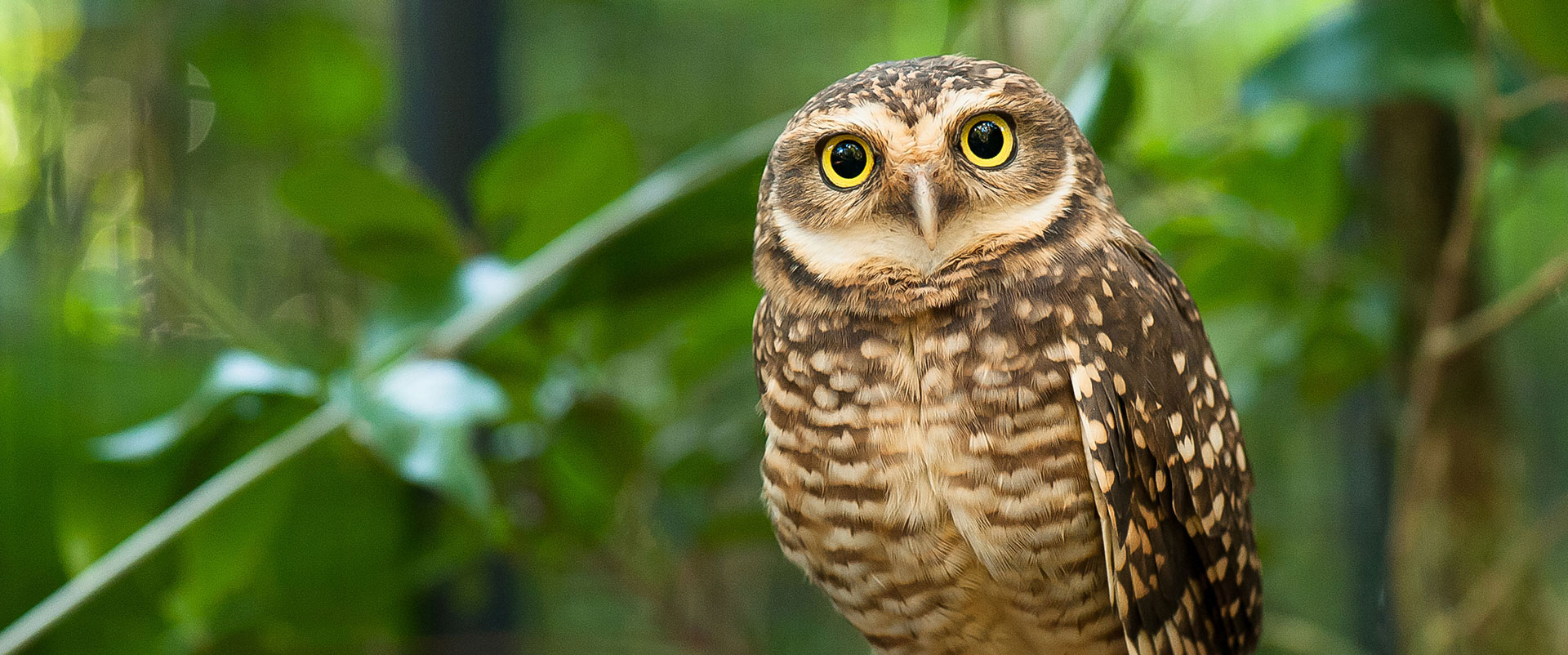
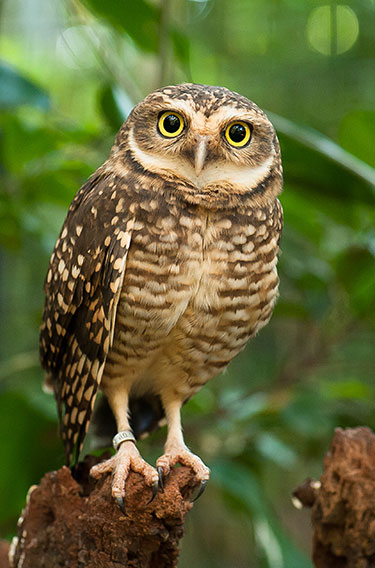

RESCUING ATLANTIC RAINFOREST OWLS
Owls are animals surrounded by beliefs and superstitions. Communities in rural and urban areas are influenced by legends and folk traditions that associate these birds with signs of misfortune, death, or a bad omen. The behavior, appearance, vocalization, and the amazing hunting and flight skills of owls give rise to such associations. Because of this, many species are attacked or exterminated out of fear and prejudice, and zoos such as Parque das Aves, frequently receive owls who have been victims of attacks.
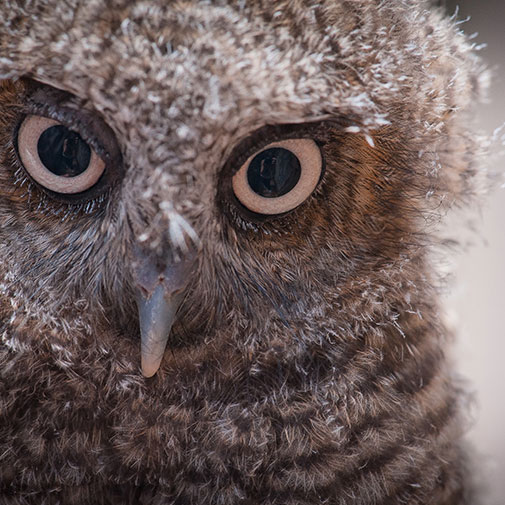
 |
RESCUING ATLANTIC RAINFOREST OWLS |

Owls are animals surrounded by beliefs and superstitions. Communities in rural and urban areas are influenced by legends and folk traditions that associate these birds with signs of misfortune, death, or a bad omen. The behavior, appearance, vocalization, and the amazing hunting and flight skills of owls give rise to such associations. Because of this, many species are attacked or exterminated out of fear and prejudice, and zoos such as Parque das Aves, frequently receive owls who have been victims of attacks.
The consequences of persecution in ecosystems and on the populations of the owl species are disastrous since the loss of individuals cause a series of ecological imbalances. These birds are great hunters and contribute to controlling populations of rodents, reptiles, and other smaller birds. In addition, when preying on rats, the owls end up helping protect humans from some diseases transmitted by these rodents.
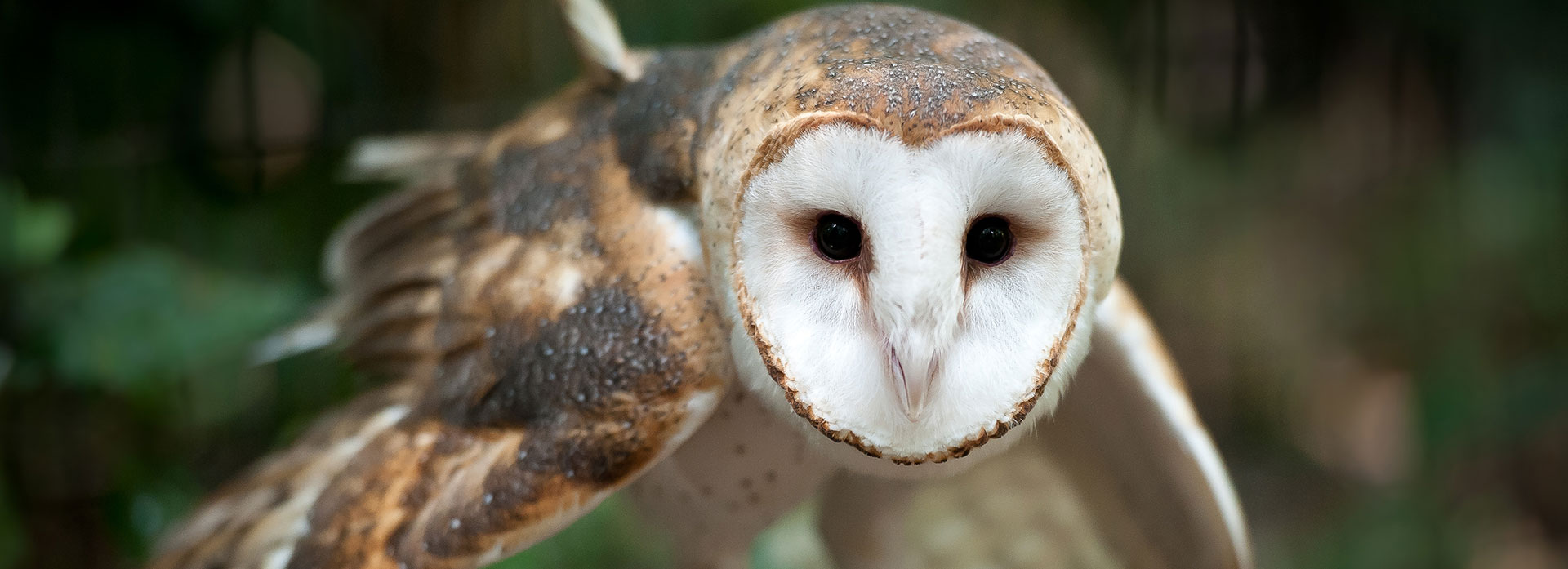
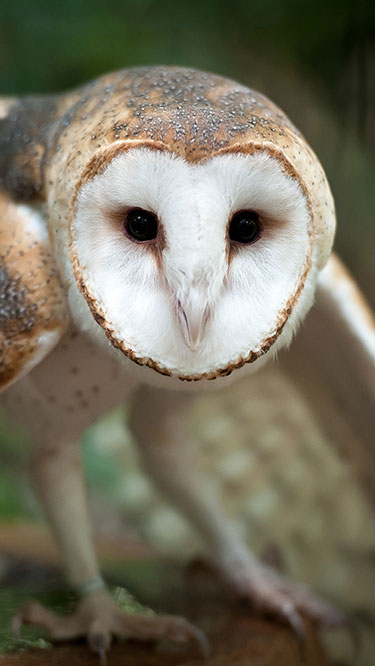
It is therefore very important to clarify how they are fundamental to maintaining the food webs balanced and that they do not harm humans, but actually protect us!
Picture: Rescued Burrowing Owl being treated at the hospital in Parque das Aves.
LEARN MORE ABOUT THE OWLS THAT LIVE AT PARQUE DAS AVES
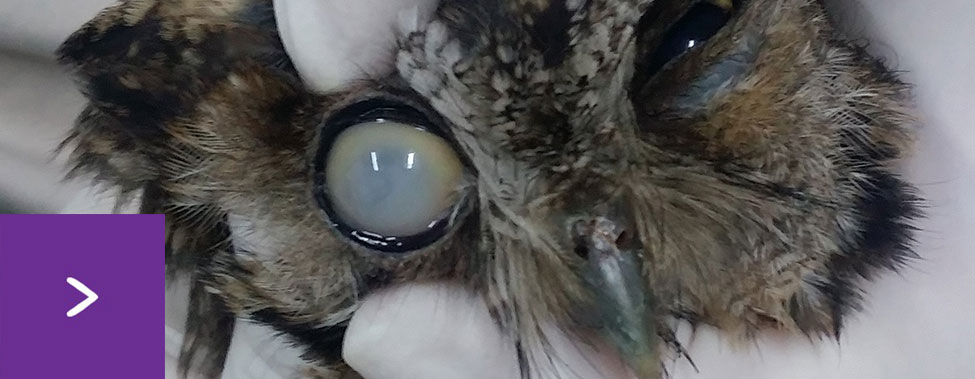
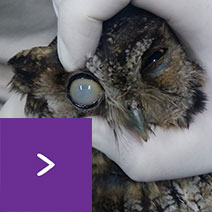
 Every day from 8:30am to 4:30pm
Every day from 8:30am to 4:30pm Prices
Prices


